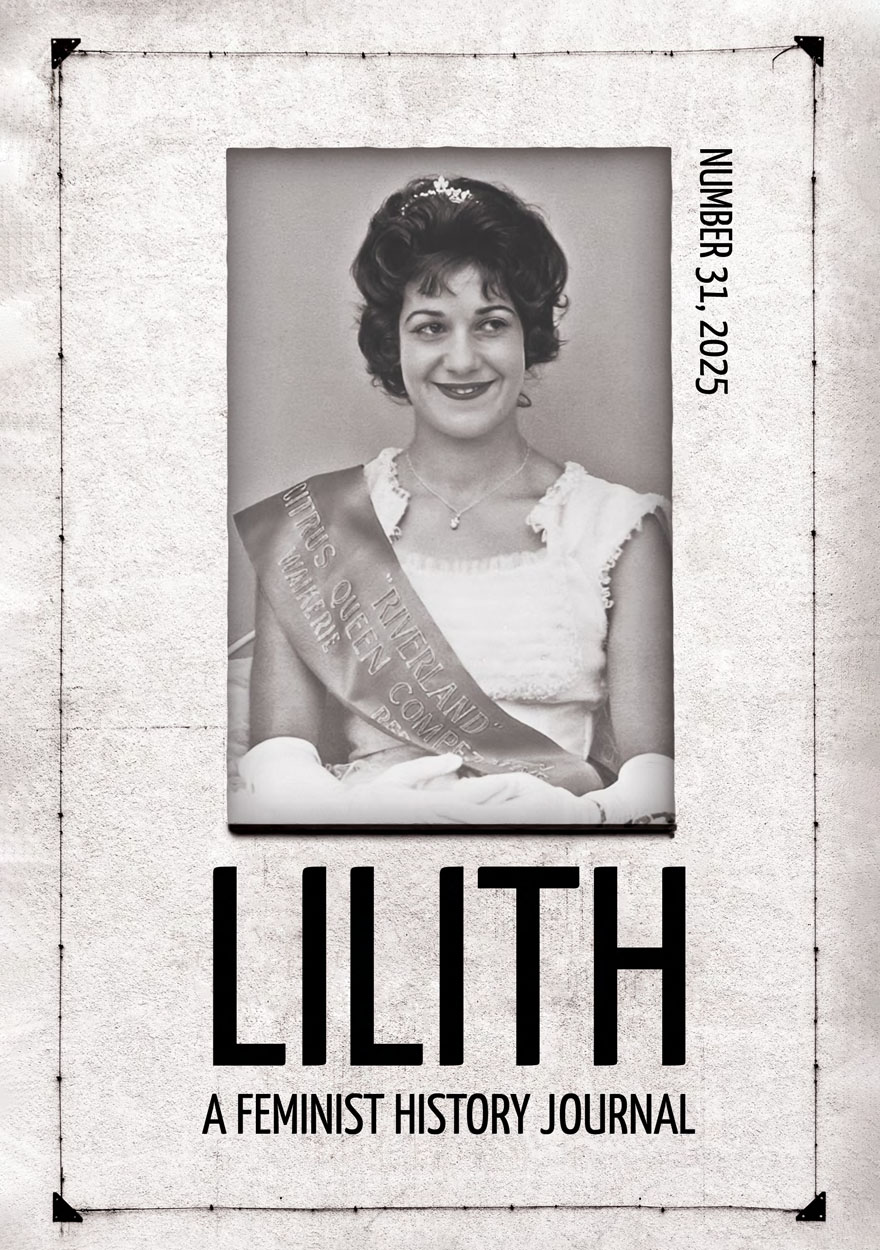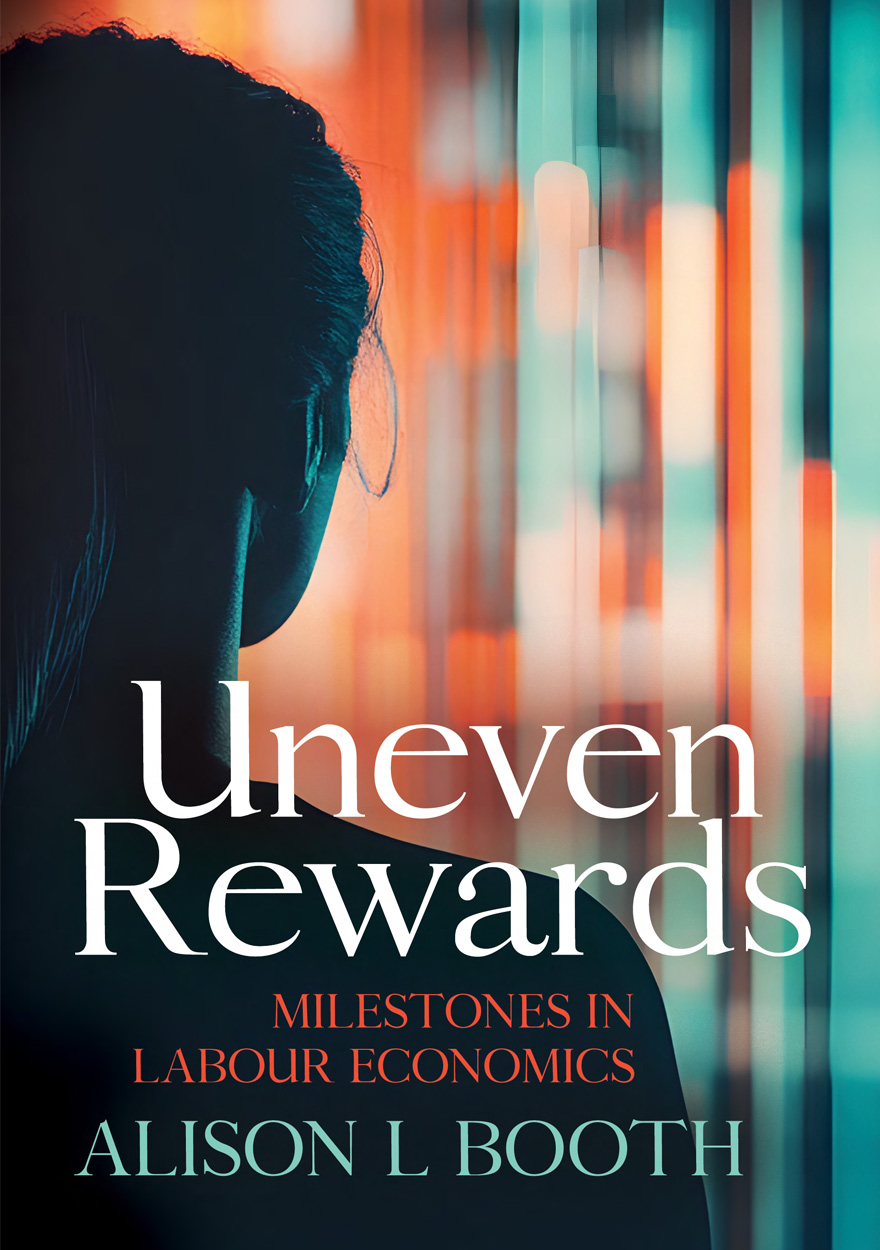Search titles
Displaying results 1 to 10 of 1160.

Peter Marralwanga »
Painter of the Djang of western Arnhem Land
Authored by: Luke Taylor, Ivan Namirrkki
Publication date: 2026
Peter Marralwanga (1916–1987) was a leading figure in one of the great art practices of the world. He grew up in western Arnhem Land surrounded by artists painting in rock shelters and he learned to paint this way himself. The subjects of his paintings were the Djang who made his country and placed the spirits of people within it. Marralwanga’s story highlights the way bark painting became important as a way of evading assimilation policies rife within Northern Territory towns. Marralwanga established an outstation at Marrkolidjban where he could teach his children how to properly care for Ancestral lands, with part of this care involving a knowledge of how to paint. As a senior person who had travelled widely in his youth, and gained extensive ceremonial knowledge, Marralwanga was highly influential among a broad group of painters. Ivan Namirrkki, a painter of note and Peter Marralwanga’s son, has provided here his own account of his father’s life.
This book tracks Marralwanga’s life of learning about country and conveys the religious meaning of numerous major works, offering outsiders a richer understanding and appreciation of Arnhem Land art. It also shows the crucial role of individuals working for the community arts cooperative Maningrida Arts and Culture in facilitating Maralwanga’s rise to recognition as a major Australian and world artist.
Extensively illustrated, Peter Marralwanga: Painter of the Djang of western Arnhem Land, is a study of unique knowledge and beauty.
Coming soon
Notify me
Australian Journal of Biography and History: No. 11, 2026 »
Special Issue: Writing Tasmanian Lives
Publication date: 2026
This special issue of the Australian Journal of Biography and History explores what it means to write lives connected to Lutruwita/Tasmania, an island shaped by both isolation and connection. For most of its more than 40 thousand years of human history, Tasmania was a peninsula. Later, it became a node in global networks of Indigenous voyaging, colonial expansion, commerce and incarceration. Writing Tasmanian lives, therefore, requires us to think about islands, archipelagos, and how connections between people and place are rendered in the historical record. This is not only a biographical, but also a geographical, methodological and formal problem.
The articles in this issue challenge conventional biographical methods and invite approaches that foreground mobility, relationality and imaginative reconstruction. The authors examine lives that are often fragmentary or eclipsed by dominant narratives. They employ diverse methodologies, including deep mapping, eco-biography, legal life writing, and creative engagements with art and literature, to illuminate the lived experiences of individuals across time and place. They interrogate archives, re-story familiar figures and experiment with interdisciplinary techniques to ask what counts as evidence and how imagination can coexist with rigour.
Collectively, these contributions demonstrate that writing Tasmanian lives is not an insular project but an archipelagic one, connecting places, people and ideas across multiple scales. They demonstrate how biography can be a dynamic, relational practice, capable of revealing patterns and possibilities that transcend boundaries of nation, empire and discipline.
Coming soon
Notify me
Terra in Our Mist »
A Tūhoe Narrative of Indigenous Sovereignty and Settler-State Violence
Authored by: Pounamu Jade William Emery Aikman
Publication date: 2026
Terra in Our Mist examines the persistence of state violence against Ngāi Tūhoe – the illustrious People of the Mist – whose ancestral homeland of Te Urewera stands as one of Aotearoa New Zealand’s most storied and contested landscapes. It focuses on a pattern of police violence: the 2007 anti-terror raids, codenamed Operation Eight, which centred on Ruatoki – one of the principal valleys of Te Urewera – and subsequent operations in 2012, 2014 and 2016. The book asks why such actions continue, and what they reveal about the unfinished nature of colonisation today.
These events are situated within a longer whakapapa (genealogy) of colonial engagement: a history of invasion, confiscation and control stretching back to the nineteenth century. Putting Indigenous scholarship in conversation with Michel Foucault’s ideas on power and the state, the book explores how differing understandings of land – terra, a space claimed through violence, and whenua, a living ground of ancestral belonging – continue to shape the relationship between Tūhoe and the state.
The police raids are shown not as isolated excesses, but as contemporary expressions of a colonial logic that has long sought to discipline Indigenous peoples and their sovereignties. By drawing these connections, Terra in Our Mist argues that the state’s claim to sovereignty depends on periodic re-enactments of force upon Indigenous communities. Blending ethnography, visual narrative and political critique, this book traces how the ground itself becomes a site of contest: over history, authority and the meaning of place in an unsettled world.
Coming soon
Notify me
Growing Restorative Regulation »
Publication date: 2026
Regulation that prioritises punishment over learning often fails to repair harm or build lasting compliance. It can alienate communities, deepen mistrust and do little to prevent future breaches.
Growing Restorative Regulation reveals an alternative approach – one grounded in dialogue, learning from multiple perspectives and ensuring active accountability. Drawing upon a multi-year institutional ethnography of an environmental regulator, the book shows how the principles of restorative justice can be used to address and prevent pollution and environmental harm. In so doing, it also illustrates how restorative approaches are applicable to a wide variety of other regulatory challenges. Throughout, the authors offer a practical framework for inclusive processes and relationship-building, involving local and Indigenous communities, and for transforming regulation into a system that actively repairs.
Essential reading for regulators, policymakers, business leaders, environmental advocates, community groups and regulatory scholars, Growing Restorative Regulation is a critical and constructive guide to seeding sustainable restorative practices into the very heart of regulatory decision-making.
Coming soon
Notify me
Made in China Journal: Volume 10, Issue 2, 2025 »
Publication date: 2026
Across the world, questions of gender, sexuality, and intimacy have become central to struggles over belonging, citizenship, and moral order. In China, these questions have acquired a particular urgency as the state seeks to stabilise social life through an increasingly narrow vision of family, reproduction, and normative personhood, even as people continue to forge relationships, identities, and communities that exceed those boundaries. Global LGBTQIA+ discourses, meanwhile, circulate widely but often unevenly, translating local experiences into familiar scripts of rights, visibility, and repression that do not always fit. It is within this dense and contested terrain that this issue of Made in China Journal, ‘Queer China’, intervenes, treating queerness as a critical lens for understanding contemporary Chinese politics, culture, and everyday life.
Coming soon
Notify me
Wild Partners »
Indigenous Worlds and Industrial Giants in Papua New Guinea
Authored by: Patrick Guinness
Publication date: February 2026
Wild Partners traces the history of the Maututu Nakanai of West New Britain, Papua New Guinea. According to a Maututu ontology, or worldview, they are surrounded by a forest filled with threatening wild forces. It is believed that outstanding men and women pioneer ways to engage these forces to bring benefit to their village community. In recent times, the Maututu have had to engage with human outsiders, including government officers, church administrators, industrial managers and migrant settlers, who like their mythological counterparts have threatened to disrupt the established world.
This study captures Maututu approaches to the threats and challenges they have faced over the last hundred years—the proclamation of the Christian world, the dislocation of the Pacific war, the development programs of the colonial and independent governments and the industrial expansion of oil palm. The challenges have at times threatened the very essence of their being through the destruction of forests, loss of land, competition for schooling and health care, marginalisation within the oil palm industry and the emergence of ‘big shot’ individuals who ignore community obligations.
Maututu have adapted to these threats, becoming successful oil palm producers and prominent professionals throughout Papua New Guinea while seeking to rejuvenate Christianity, protect forest and marine environments and build partnerships that benefit their village communities. Central to these efforts has been partnership with outside forces.

Lilith: A Feminist History Journal: Number 31 »
Publication date: 2026
The 2025 Lilith presents four research articles focused on gender-based issues and experiences in twentieth-century Australia and Britain. The Australian-focused articles examine Lillie Beirne’s maternal feminism and related campaigns for social credit in the 1930s and 1940s, and how the ‘Citrus Queen’ beauty pageants of South Australia’s Riverina region articulated ideals of Anglo-Australian womanhood while also creating space for migrant women to participate in civic life and assert regional belonging. The third of these articles offers a mother’s intimate oral history of the tensions between the expectations and realities of motherhood when her child struggles with mental health. Turning to 1960s Britain, one article examines arguments for legalising abortion and identifies that while women’s rights and circumstances were important considerations, arguments for maternal health were most successful in achieving abortion rights.
The issue also features ten book reviews spanning diverse thematic terrain. These include a memoir of the Australian Women's Liberation movement, Shauna Bostock's white and Aboriginal family history, and biographies of the nineteenth-century novelist Madame Dudevant (George Sand) and of Doris Punshon's life as a queer woman. Reviewed books also cover the role of women in the intellectual history of international relations, the Women's Weekly's influence on Australian food culture, sexism and harassment in the Westminster parliamentary system, Geraldine Fela's oral histories of HIV and AIDS nurses, the roles of sexuality and gender in remaking Australian citizenship, and trans-misogyny as a project of colonial violence. At a time when studies of gender and feminism are under siege, this issue testifies to the continuing vitality of feminist historical scholarship.
Coming soon
Notify me
East Asia Forum Quarterly: Volume 18, Number 1, 2026 »
Publication date: February 2026
Critical minerals and rare earths have moved to the centre of economic security agendas. As decarbonisation accelerates and US–China rivalry deepens, governments are racing to secure the supply chains that power green technologies and advanced manufacturing. This issue of the East Asia Forum Quarterly examines the geopolitics of Asia’s resources trade. It explores the tensions between interdependence and rising protectionism, or ‘resource nationalism’, and assesses the implications for regional growth and the global energy transition. Strategic competition may be reshaping mineral supply chains, but the region’s enduring complementarity between producers and consumers suggests that managing vulnerabilities—rather than dismantling interdependence—offers the more durable path forward.
Download for free
Not available for purchase

Landslide »
The 2025 Australian Federal Election
Publication date: 2026
The 2025 Australian federal election saw an unexpected landslide victory for the Labor Party, the Liberal Party’s worst ever result and the continued rise of the non-major-party vote. In this book, Australia’s leading election analysts explore what contributed to this outcome, including the effectiveness of party and third-party campaigns, the changing demography of the electorate and external factors such as the ‘Trump effect’.
Baby boomers were outnumbered in 2025 by Gen Z and Millennials, who related to politics in a different way. Those pursuing their votes needed to do so through social media; influencers and podcasts became central to campaigning, as did humour appropriating popular culture with the help of AI. Increased cultural and linguistic diversity was also important, and there were new efforts to mobilise Muslim voters over the war in Gaza. Overshadowing it all was Trump. While populist themes seemed attractive at first, association with Trump quickly became a liability, and contributors here examine the difficulty of changing discourses mid-campaign.
This authoritative study is indispensable in understanding the new political landscape: polls and voting behaviour, misinformation, gender issues and competing leadership styles. Richly illustrated, the role of visual politics also receives close scrutiny.
Landslide is the nineteenth book in the ANU Press Australian Federal Election series. The series is sponsored by the Academy of the Social Sciences in Australia.
Coming soon
Notify me
Uneven Rewards »
Milestones in Labour Economics
Authored by: Alison L Booth
Publication date: 2026
Uneven Rewards brings together major studies of workplace relations and behaviour from the distinguished labour economist Alison L Booth. Over more than three decades, Booth has forged a distinctive intellectual path combining a strong interest in the role of gender and culture on labour markets with acute expertise in data collection, and cognate social science fields and methods.
With her co-authors, Booth examines the effects on men and women of evolving industrial relations’ rules and contexts. She studies the changing gendered and culturally-specific nature of labour markets, and analyses the findings of a set of data-rich social experiments to reveal insights about women’s and men’s behaviour in labour, educational and wider social settings.
Finally, Booth shares new conclusions arising from this extensive body of research. She shows how culture and nurture associated with the upbringing of boys and girls can have profound implications for educational and labour market performance and relative outcomes by gender:
There is no right or wrong place for young women and men to be. What matters is that they are given the opportunity to go where their talents lead them without being thwarted by cultural pressures.
Coming soon
Notify me


